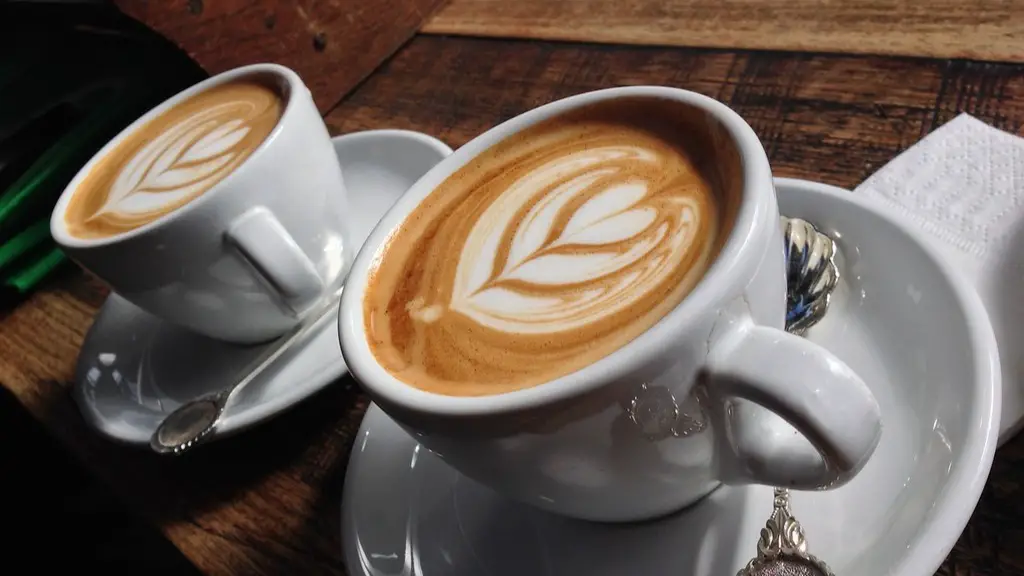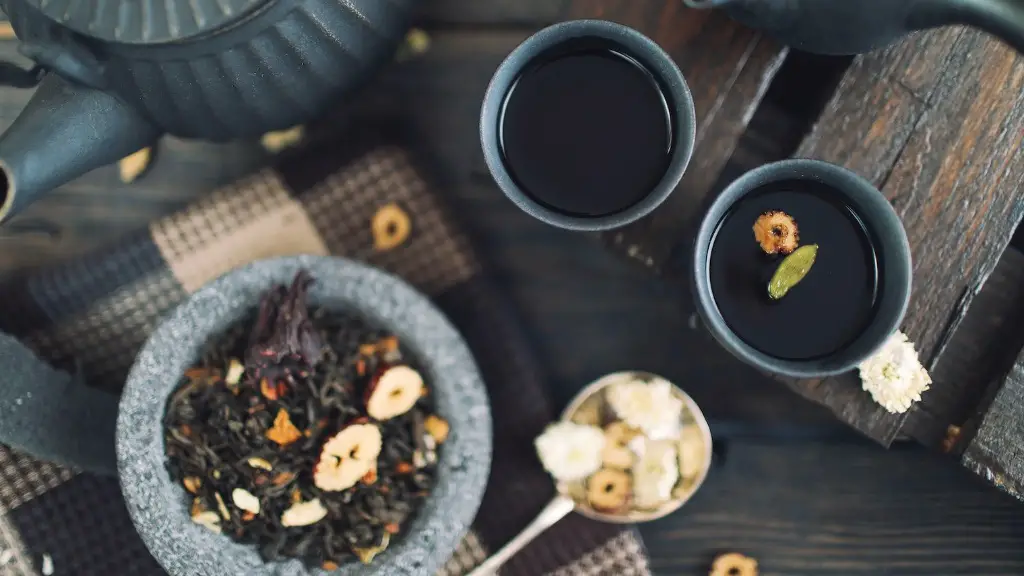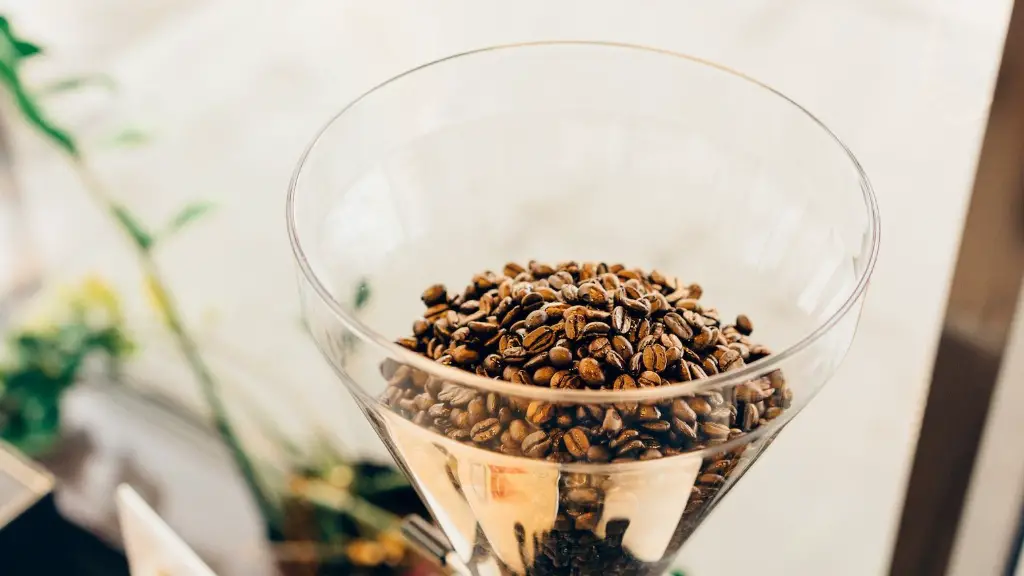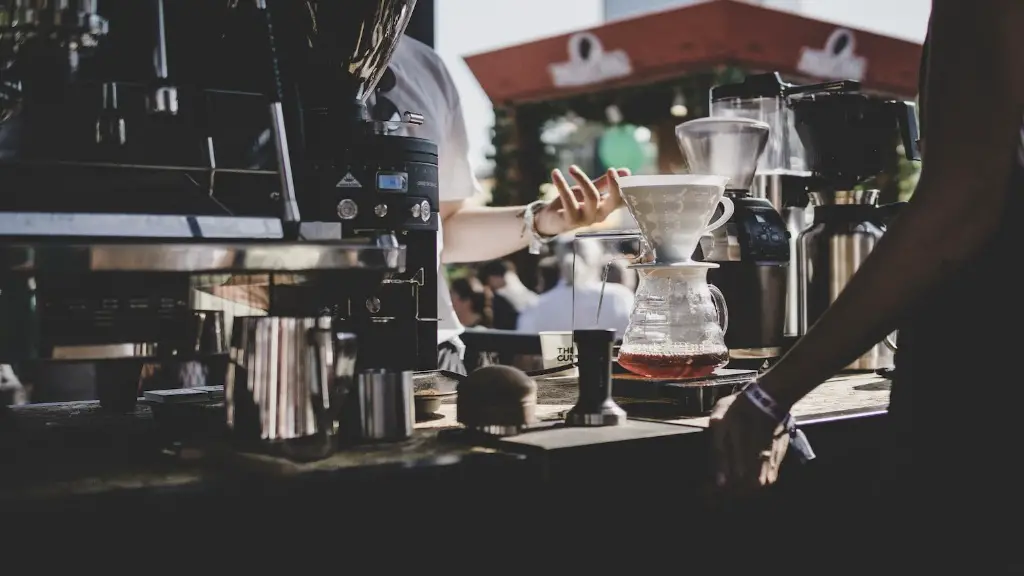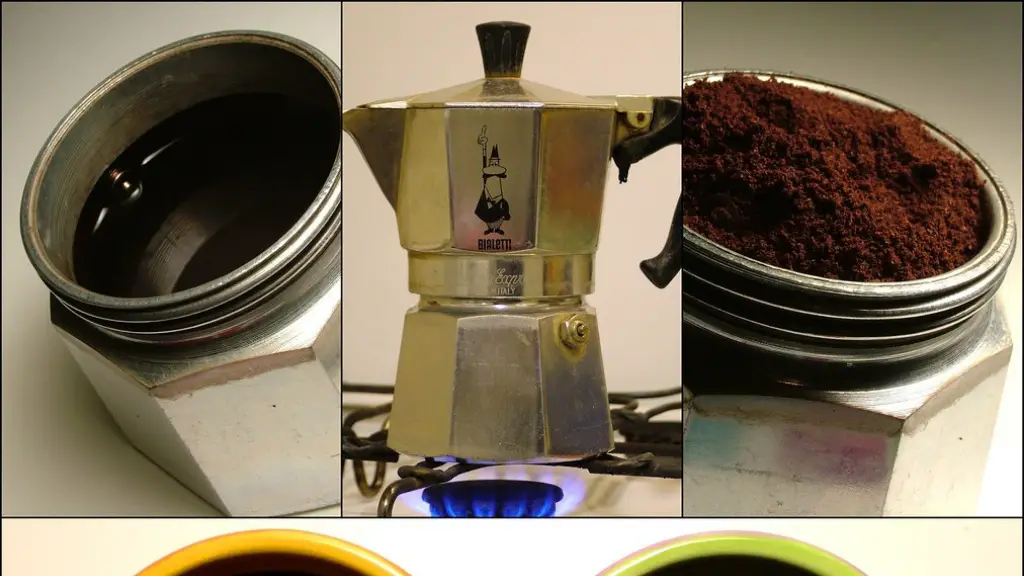No, Starbucks does not grow their own coffee beans. The coffee beans used by Starbucks are supplied by coffee farmers from countries like Brazil, Colombia, Ethiopia, Guatemala, and Indonesia. Starbucks works closely with these farmers to help them produce the highest quality coffee beans.
No, Starbucks does not grow their own coffee beans.
Where does Starbucks get their coffee beans from?
Coffee is a versatile drink that can be sourced from all around the world. The three coffee regions that this company sources from are Latin America, Asia-Pacific, and Africa. This ensures a steady supply and a variety of flavors.
The Augusta Soluble Coffee Plant is Starbucks’ first company-owned manufacturing facility in the world to produce soluble products such as Starbucks VIA® Instant, as well as the coffee base for Frappuccino® blended beverages and many of Starbucks bottled and canned beverages. The plant is located in Augusta, Georgia, and began operations in February 2017.
Does Starbucks own its own coffee farms
Did you know that Starbucks owns a coffee farm? It’s true! In 2013, Starbucks purchased Hacienda Alsacia, a 240-hectare coffee farm in Costa Rica. The farm serves as a global Research and Development facility and working farm for Starbucks. So next time you enjoy a cup of Starbucks coffee, know that it may have come from their very own farm!
It’s true that Starbucks owns a coffee farm in Costa Rica. The Alsacia farm is a 240-hectare coffee farm that was purchased in 2013 and serves as a global Research and Development center for Starbucks. The farm is located in the Tarrazu region of Costa Rica and is committed to sustainable practices. Starbucks has been working with the Costa Rican government and organizations like the Rainforest Alliance to improve the quality of the coffee and the environment.
Who grows the coffee beans for Starbucks?
Starbucks is one of the most popular coffee brands in the world. The company gets its coffee beans from Latin America, Asia-Pacific, and Africa. Out of the 70 countries that produce coffee, Starbucks buys coffee from 30 of them. This allows the company to offer a wide variety of unique coffee flavors to its customers.
Pike Place is a coffee blend from Starbucks. It is their daily roast and is quite popular, originating from their first store in Pike Place Market in Seattle.
Does Starbucks outsource their coffee beans?
Starbucks is committed to ethically sourcing and roasting the best coffee in the world. They purchase coffee beans from coffee growers in countries all around the world and work with suppliers who meet their high standards for quality and sustainability. Starbucks is committed to providing coffee growers with the resources they need to continue producing the highest quality coffee beans.
Starbucks is known for their wide variety of coffee flavors. However, many people may not know that all those flavors come from Starbucks own coffee beans. This just goes to show that Starbucks takes the time to create unique flavors for their coffee that appeals to everyone.
How many coffee farms does Starbucks have
Starbucks has long been associated with coffee, so it’s no surprise that the company would want its own coffee farm. And that’s exactly what Hacienda Alsacia is.
Located in Costa Rica, Hacienda Alsacia is Starbucks’ only coffee farm. The farm is situated on volcanic soil, which is said to be ideal for coffee production.
With its own coffee farm, Starbucks can not only ensure a consistent supply of coffee beans, but also have more control over the quality of the beans. So if you’re a fan of Starbucks coffee, you can be sure that the beans used to make your coffee come from Hacienda Alsacia.
Starbucks is an ethical company which focuses on global human rights, equal employment opportunities, and healthcare coverage for employees. The company has been a major supporter of the Fair Trade movement, and has even partnered with ethically-sourced coffee companies such as Fairtrade International and Swiss Water Decaf. In addition, Starbucks has implemented policies to ensure that all of its employees have access to healthcare coverage, and provides equal opportunity for all employees regardless of race, gender, or background.
Is Starbucks coffee high quality?
Starbucks is indeed known for its delicious coffee. The beans are roasted to perfection, resulting in a rich and full-flavored beverage. High quality milk and sugar are used to enhance the flavor even further. If you need a quick caffeine fix, try their drip coffee or cold brew. You won’t be disappointed!
Folgers coffee is owned by the JM Smucker Company. The Smucker Company acquired the Folgers brand in 2008 from Procter & Gamble.
Are Starbucks beans ethical
The company is committed to offering ethically purchased and responsibly produced sustainable products of the highest quality. This helps ensure the long-term sustainability of the premium products the company provides. Whether it’s arabica coffee, tea, cocoa or manufactured goods, the company is focused on helping people thrive.
It’s great to see companies paying their coffee farmers a livable wage! The Fair Trade minimum is a good benchmark to strive for, and it’s great to see that this company is already compare favorably to that. Keep up the good work!
Where is Starbucks espresso beans grown?
Our coffee beans are roasted with care to bring out their unique flavors. This blend of beans from Latin America and Asia/Pacific is no exception! The way we roast them results in a cup of coffee that is truly special.
Starbucks has built its reputation on serving high-quality coffee. However, some customers have questioned whether the chain uses low-grade coffee beans. Starbucks has denied these claims, stating that they only use high-quality coffee beans in their drinks.
Conclusion
No, Starbucks does not grow their own coffee beans.
No, Starbucks does not grow its own coffee beans. The company sources its coffee beans from suppliers around the world.
